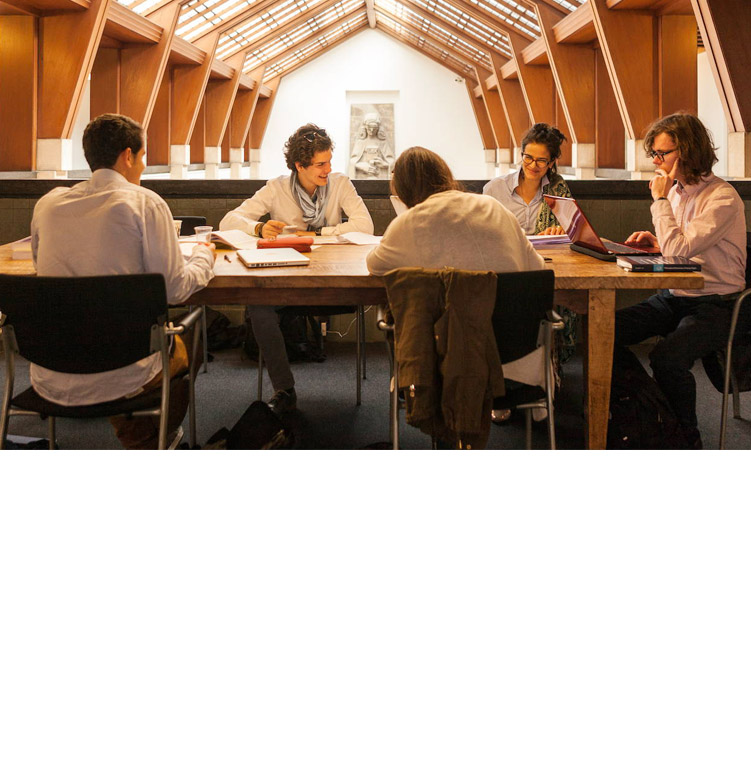News
-

Dr Alie de Boer – a food scientist at University College Venlo, a satellite campus of Maastricht University – recently published an article in the International Journal of Food Sciences and Nutrition. Based on a comprehensive literature study, she revealed the importance of omega 3 fatty acids and vitamin E in managing chronic inflammatory lung diseases, such as COPD and autoimmune sarcoidosis.
-
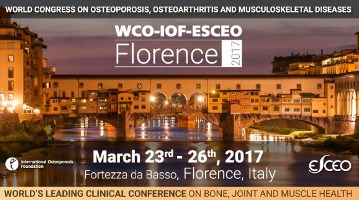
Mickael Hiligsmann has been awarded as one of the recipients of the ESCEO-AGNOVOS HEALTHCARE YOUNG INVESTIGATOR AWARDS during the WCO-IOF-ESCEO Congress 2017 in Florence on March 23-26, 2017.
-
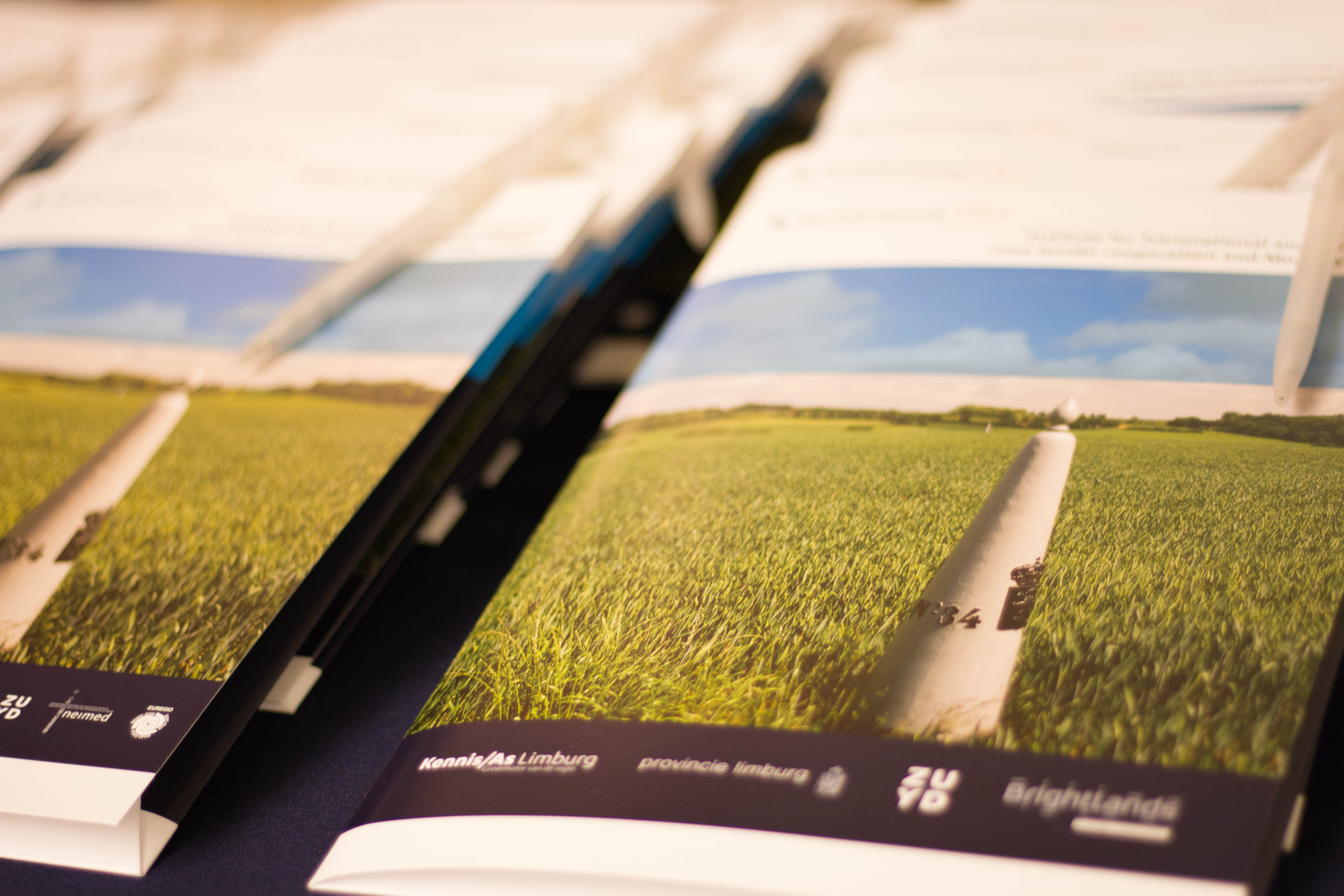
The Institute for Transnational and Euregional cross border cooperation and Mobility (ITEM) published a PhD Volume about the refugree crisis. The volume was written by PhD candidates of ITEM and includes separate contributions in which each of them tackles the topic of the refugee crisis from their own area of interest. The volume therefore discusses themes ranging from migration law and criminal behaviour to social security.
-
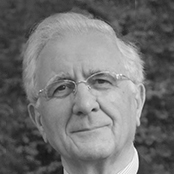
Annika de Flor has won the Kremers Award for her Master thesis: 'Water-related Ecosystem Services in the Environmental Impact Assessments in the Peruvian mining industry’.
-
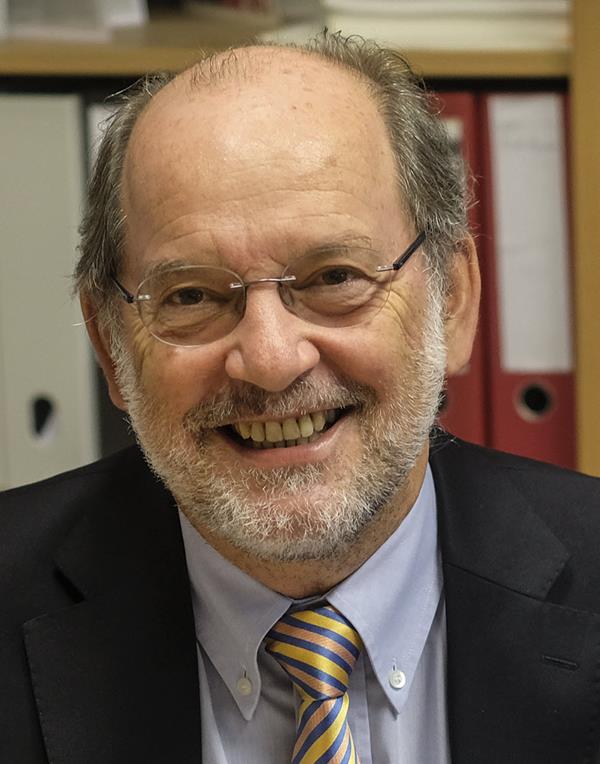
Valedictory lecture Prof Thomas Unger, CARIM (MUMC + news).
-

It’s Thursday 16 March and the Aula at Maastricht University’s School of Business and Economics is packed. Several hundred students have come to hear digital sensation Jay Shetty talk about the importance of “building a life, not a resume”.
-
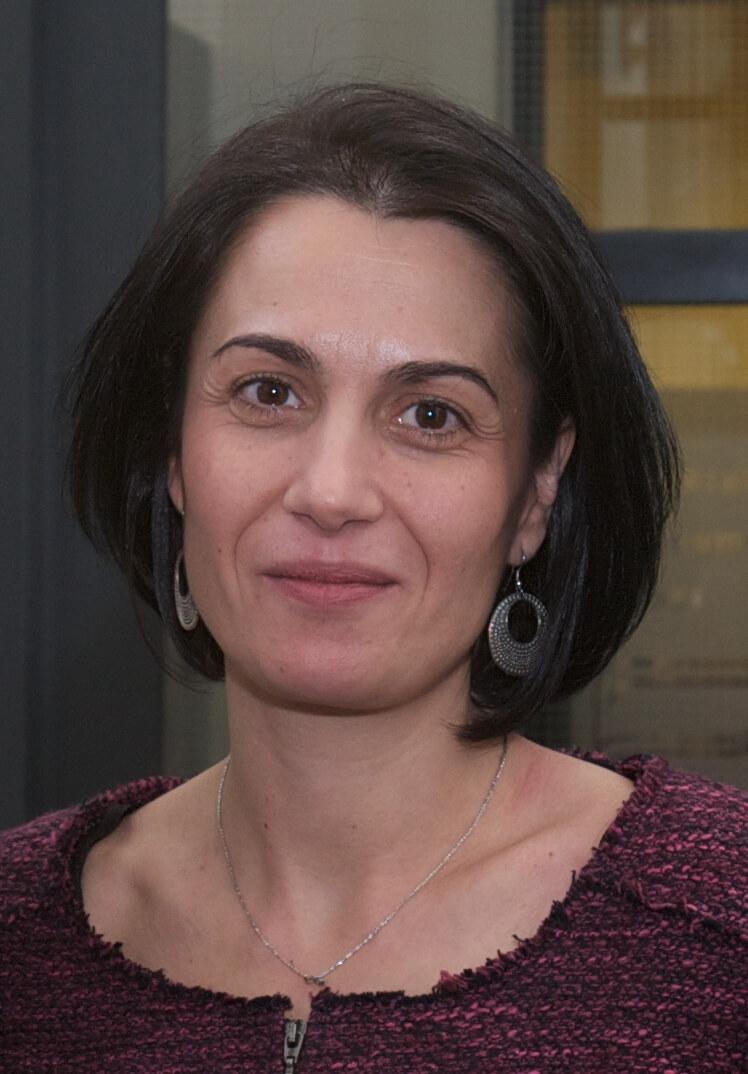
The title was awarded in appreciation of Milena’s academic achievements in the field of health economics and policy and her pioneering work on formal and informal payments for health care services in the Central and Eastern European region.
-
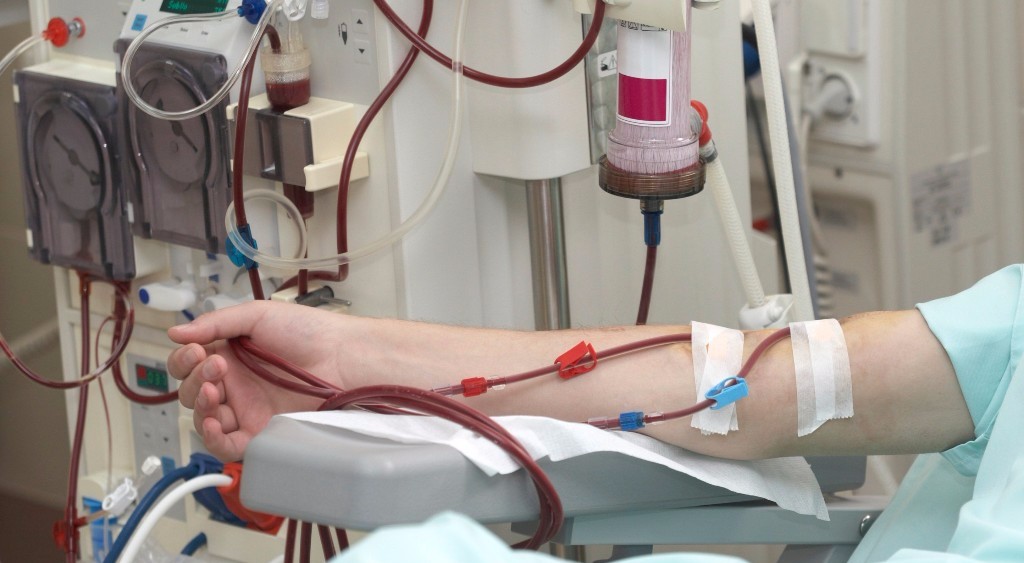
VitaK Innovation in Life Science, a spin-off from Maastricht University, has succeeded in developing a prototype of a new medical diagnostic device called Nephro-K. Nephro-K is an in vitro diagnostic (IVD) system on which in 1 drop of blood a protein can be measured that results from vitamin K insufficiency. The whole test takes no longer than 5 minutes.
